Li-fraumeni Syndrome Radiology
Li-fraumeni syndrome radiology. Collapse Section Li-Fraumeni syndrome is a rare disorder that greatly increases the risk of developing several types of cancer particularly in children and young adults. Most individuals diagnosed with LFS inherited a TP53 pathogenic variant from a parent. Li-Fraumeni syndrome is caused by an inherited germline pathogenic variant of the TP53 tumor suppressor gene on chromosome 17.
A Meta-analysis These data suggest clinical utility of baseline WBMRI in TP53 germline mutation carriers and may form an integral part of baseline clinical risk management in this high-risk population. Li-Fraumeni syndrome LFS is an inherited familial predisposition to a wide range of certain often rare cancers. The whole exam takes approximately 2 hours though a separate dedicated breast MRI should be performed in women.
The chief advantage of MRI in this setting is its lack of ionizing radiation. This cohort study of patients with Li-Fraumeni syndrome assesses the diagnostic yield and false-positive rate of an annual surveillance program including whole-body magnetic resonance imaging in patients identified as carriers of TP53 gene mutations. Context Individuals with Li-Fraumeni syndrome LFS have an inherited cancer predisposition to a diverse array of malignancies beginning early in life.
In Brazil LFS is characterized by a different pattern of TP53 variants with the founder TP53 pR337H mutation being predominant. Loss of p53 results in increased expression of CD44 a cancer stem cell CSC marker which is involved in the scavenging of reactive oxygen species ROS. Survivors of one cancer have a markedly elevated risk of additional primary tumors.
Li-Fraumeni syndrome also known as SBLA syndrome is due to germline mutations in the gene TP53 p53 an important regulator of apoptosis and the cell cycle ie. This is due to a change mutation in a tumor suppressor gene known as TP53. 39 rows Approximately 80 of families with the features of Li-Fraumeni Syndrome.
The resulting p53 protein produced by the gene is damaged or otherwise rendered malfunctioning and is unable to help prevent malignant tumors from developing. The proportion of individuals with a de novo germline TP53 pathogenic variant is estimated to be between 7 and 20. It is implicated in a very large number of sporadic cancer.
Annual Brain MRI CPT 70553 may be performed as part of Whole Body MRI or as. Li-Fraumeni syndrome LFS is a hereditary cancer predisposition syndrome that is commonly associated with a germline mutation in the tumor suppressor gene p53.
The Li-Fraumeni Syndrome LFS is a hereditary cancer predisposition syndrome first reported in 1969 by Drs.
Li-Fraumeni syndrome LFS is an inherited familial predisposition to a wide range of certain often rare cancers. Li Fraumeni Syndrome MRI can be used to evaluate the whole body to detect tumors in Li-Fraumeni syndrome. Adults 18 years with a diagnosis of Li-Fraumeni Syndrome LFS may be screened for malignancy with a Whole Body MRI CPT 76498 on an annual basis. The chief advantage of MRI in this setting is its lack of ionizing radiation. 39 rows Approximately 80 of families with the features of Li-Fraumeni Syndrome. The resulting p53 protein produced by the gene is damaged or otherwise rendered malfunctioning and is unable to help prevent malignant tumors from developing. Li-Fraumeni syndrome also known as SBLA syndrome is due to germline mutations in the gene TP53 p53 an important regulator of apoptosis and the cell cycle ie. Survivors of one cancer have a markedly elevated risk of additional primary tumors. This is due to a change mutation in a tumor suppressor gene known as TP53.
Li-Fraumeni syndrome is also known as the Sarcoma Breast Leukemia and Adrenal Gland SBLA cancer syndrome. Context Individuals with Li-Fraumeni syndrome LFS have an inherited cancer predisposition to a diverse array of malignancies beginning early in life. Leukemia and tumors of the brain soft tissues breasts adrenal glands and bone are the most common cancers associated with this syndrome. The proportion of individuals with a de novo germline TP53 pathogenic variant is estimated to be between 7 and 20. In Brazil LFS is characterized by a different pattern of TP53 variants with the founder TP53 pR337H mutation being predominant. The Li-Fraumeni Syndrome LFS is a hereditary cancer predisposition syndrome first reported in 1969 by Drs. Frederick Li and Joseph Fraumeni from the National Cancer Institute.

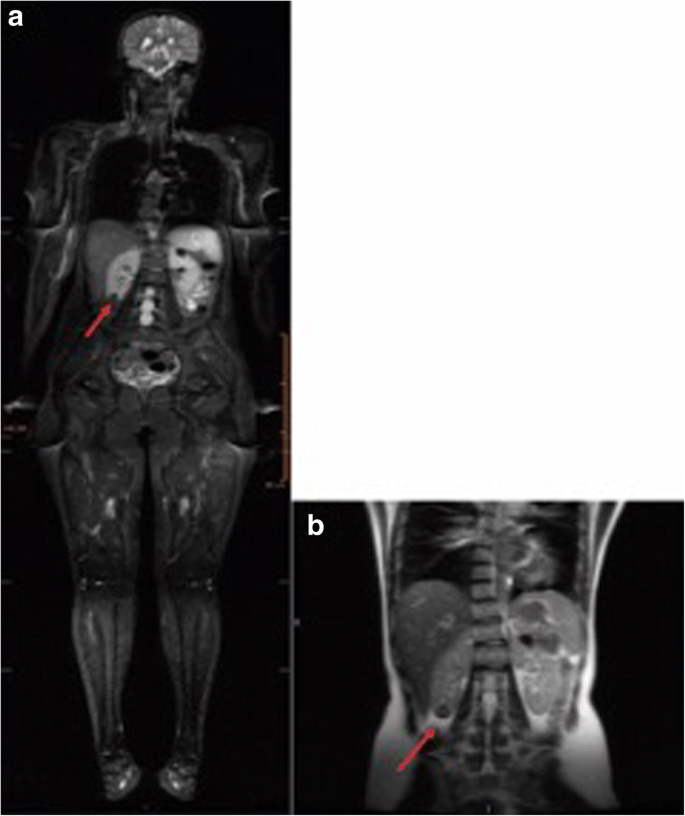
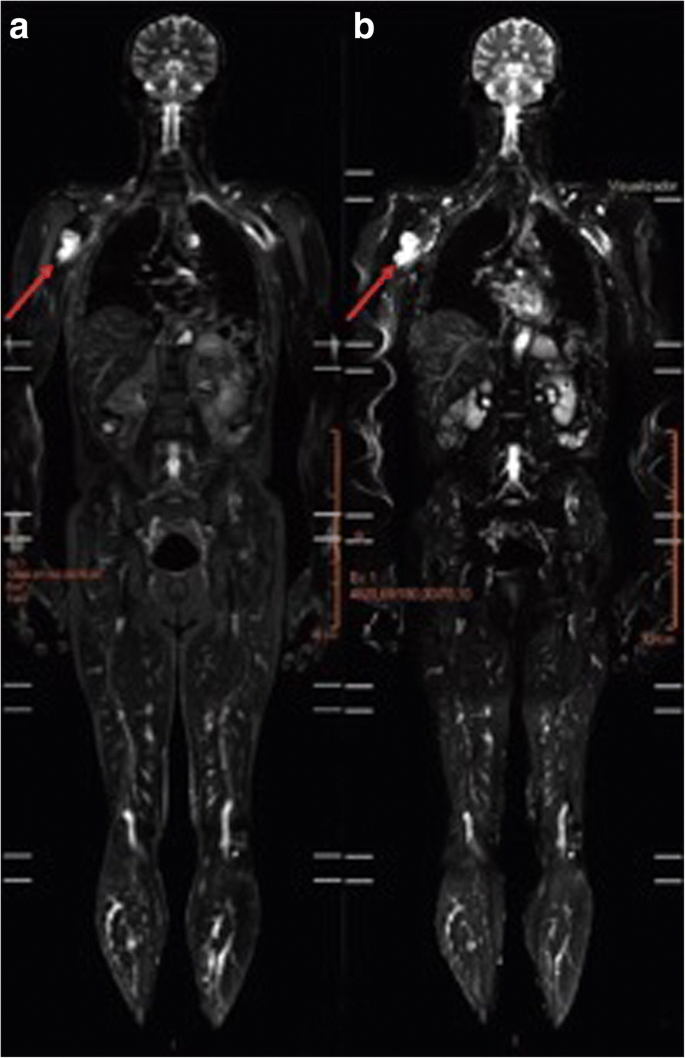

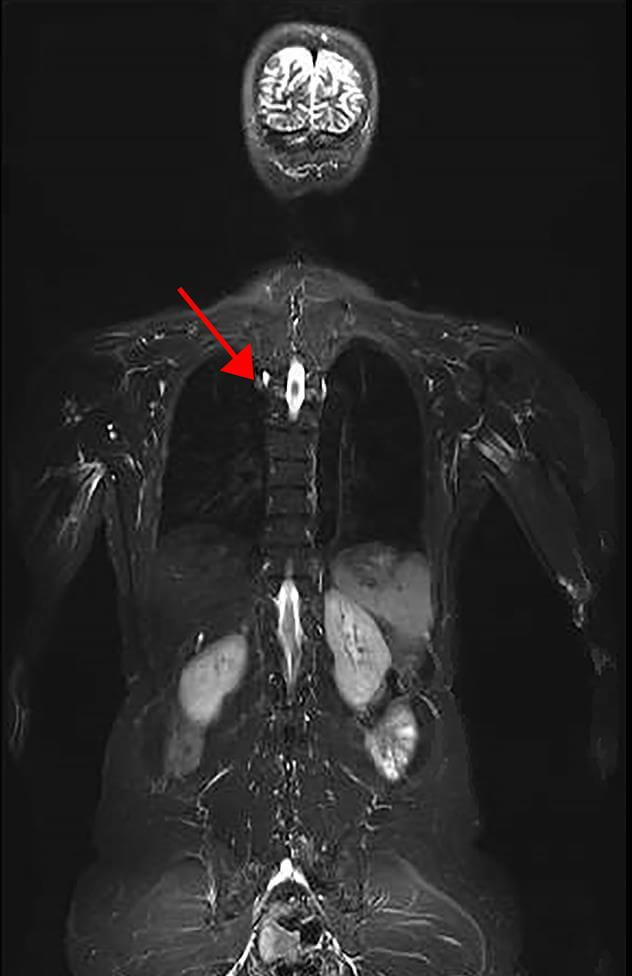





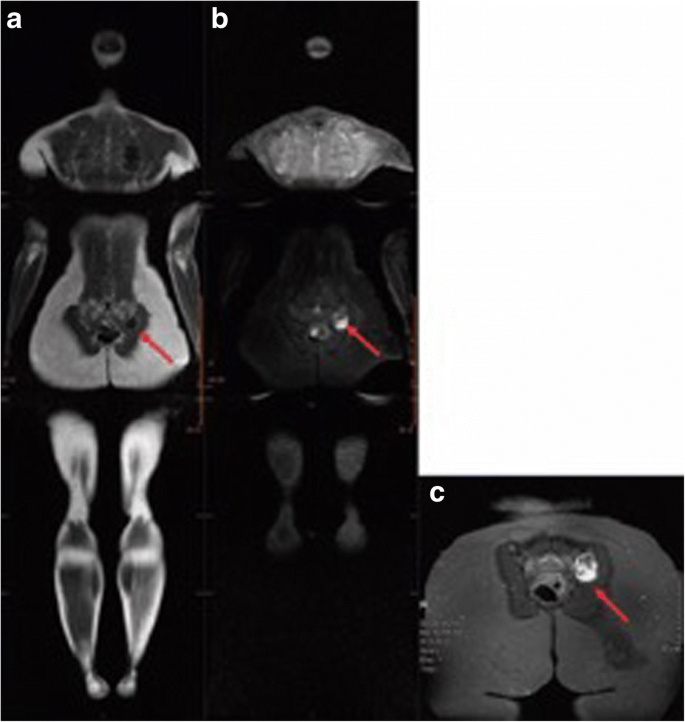

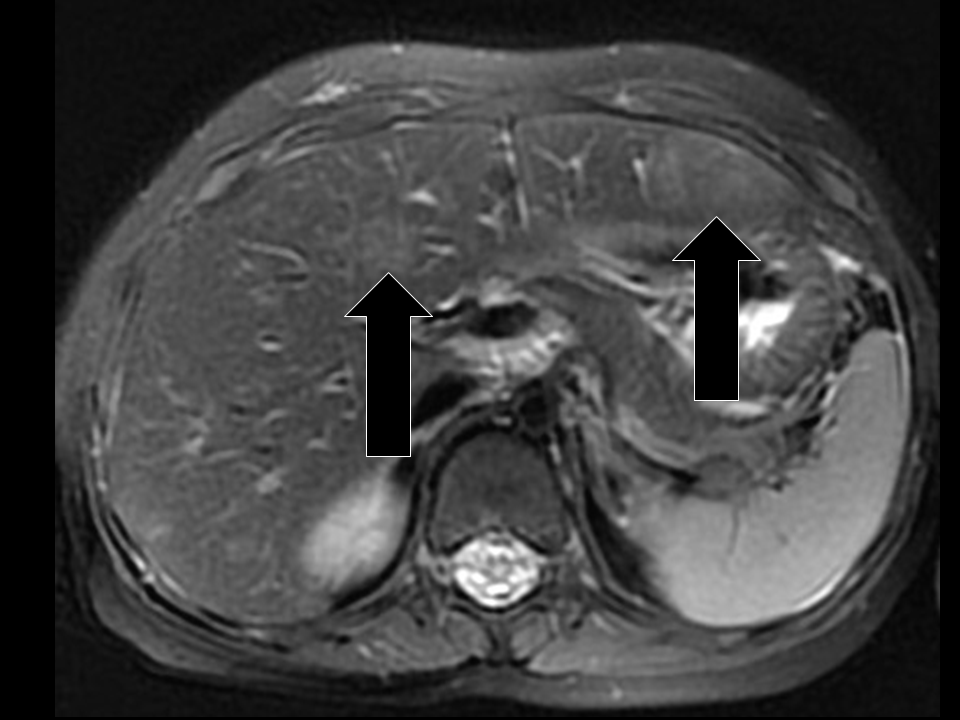

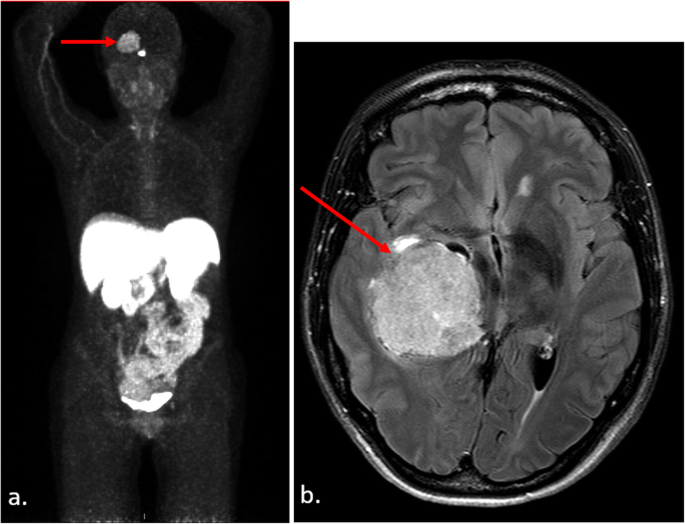


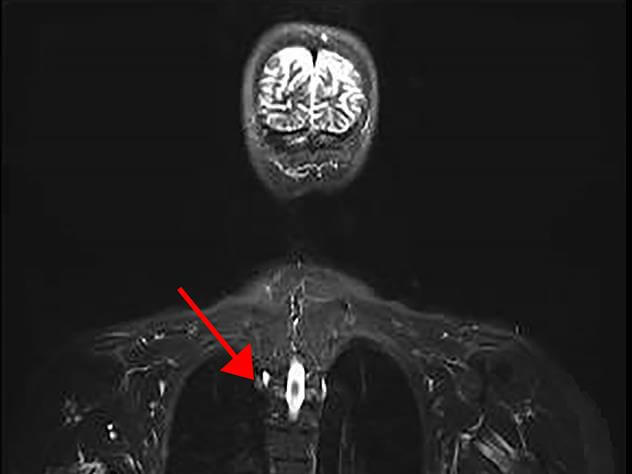



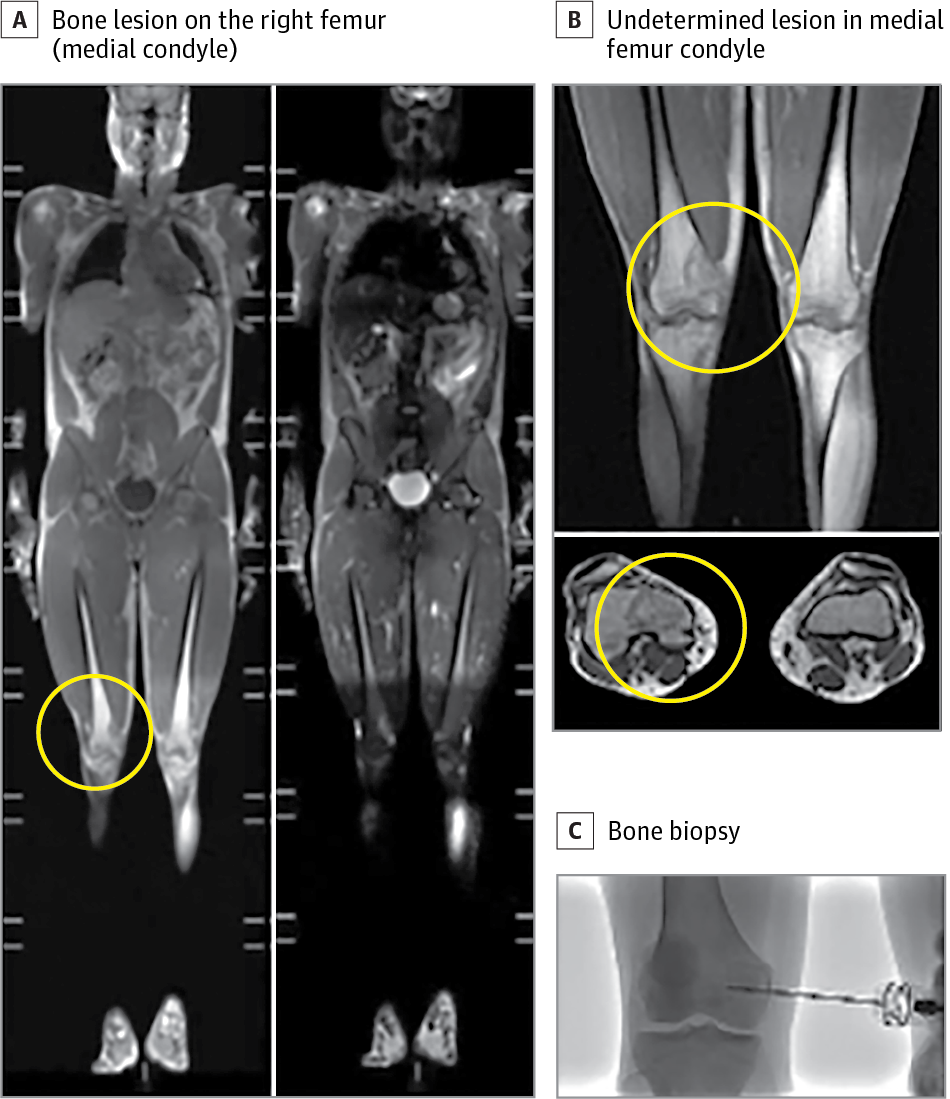

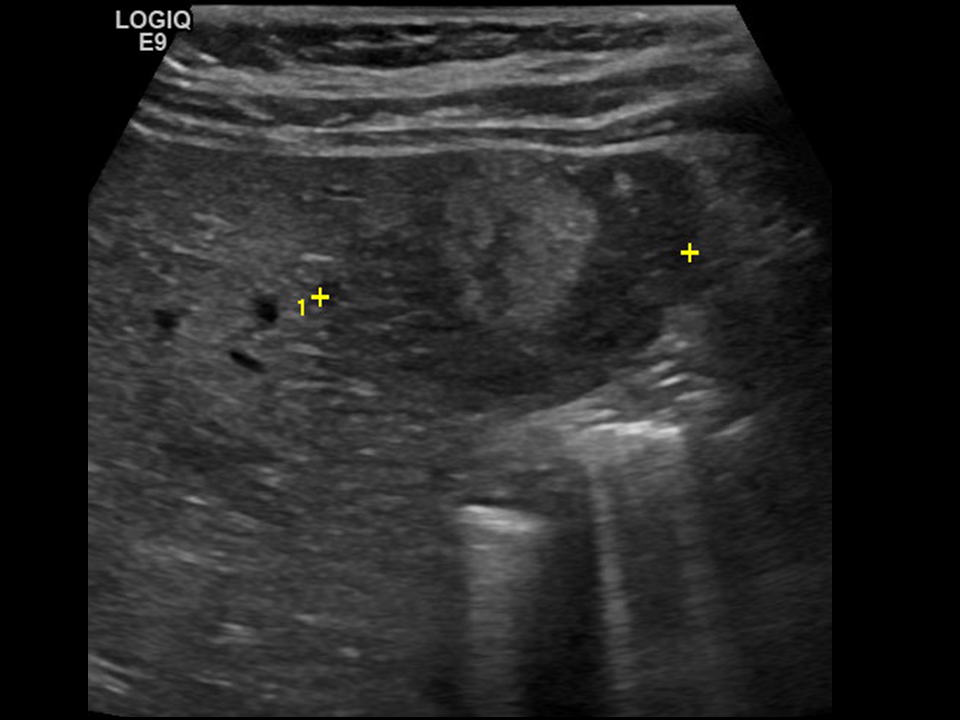




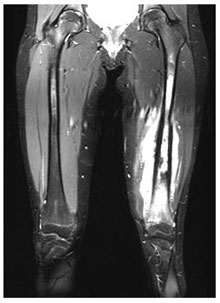
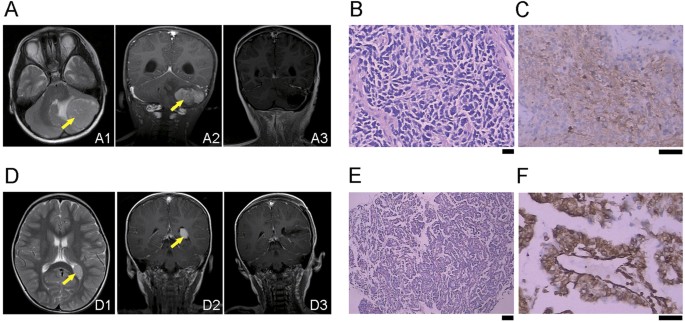
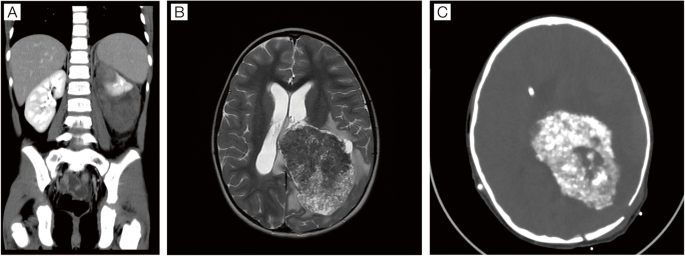



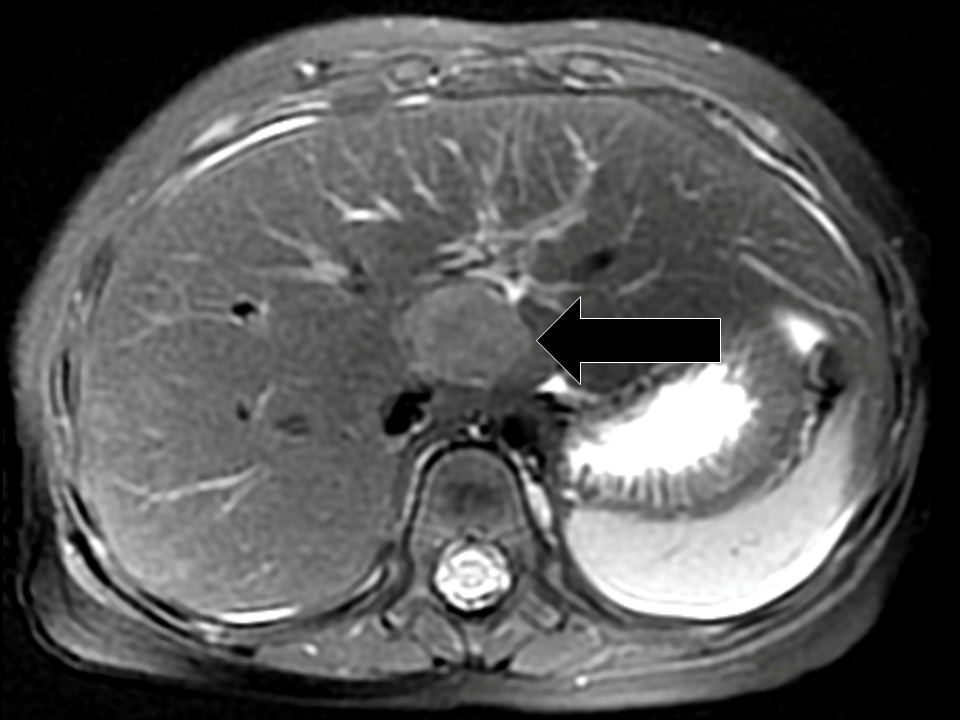
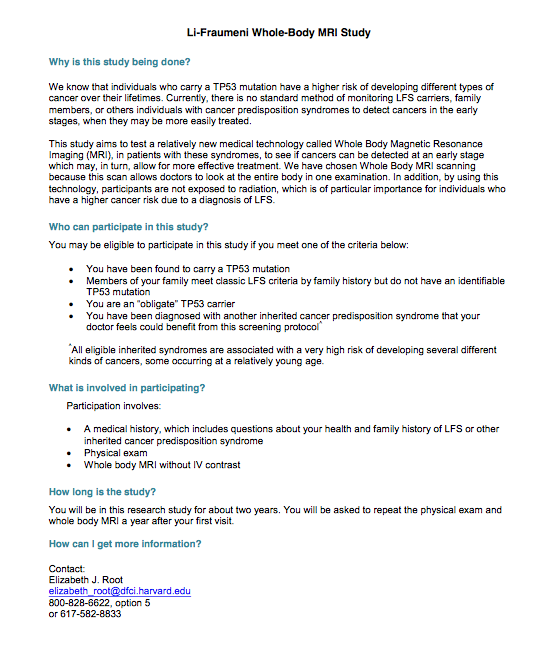



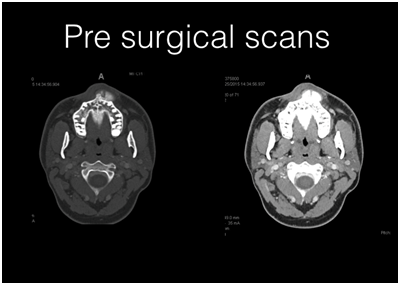
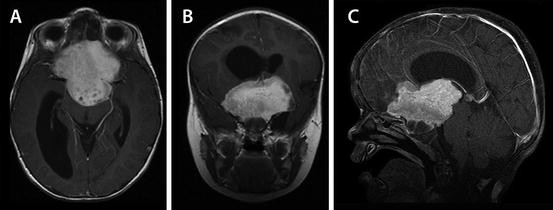




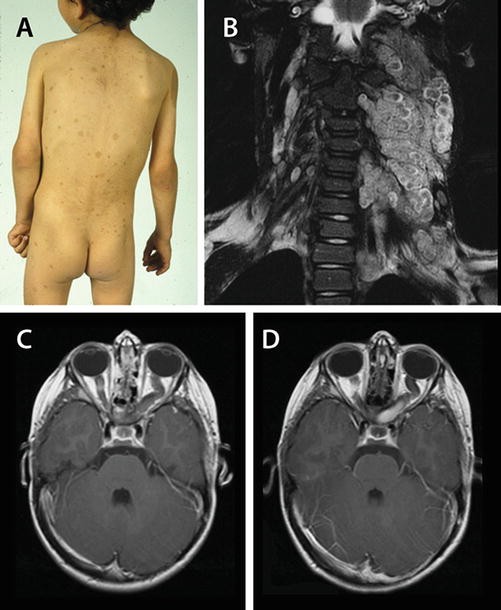

Post a Comment for "Li-fraumeni Syndrome Radiology"